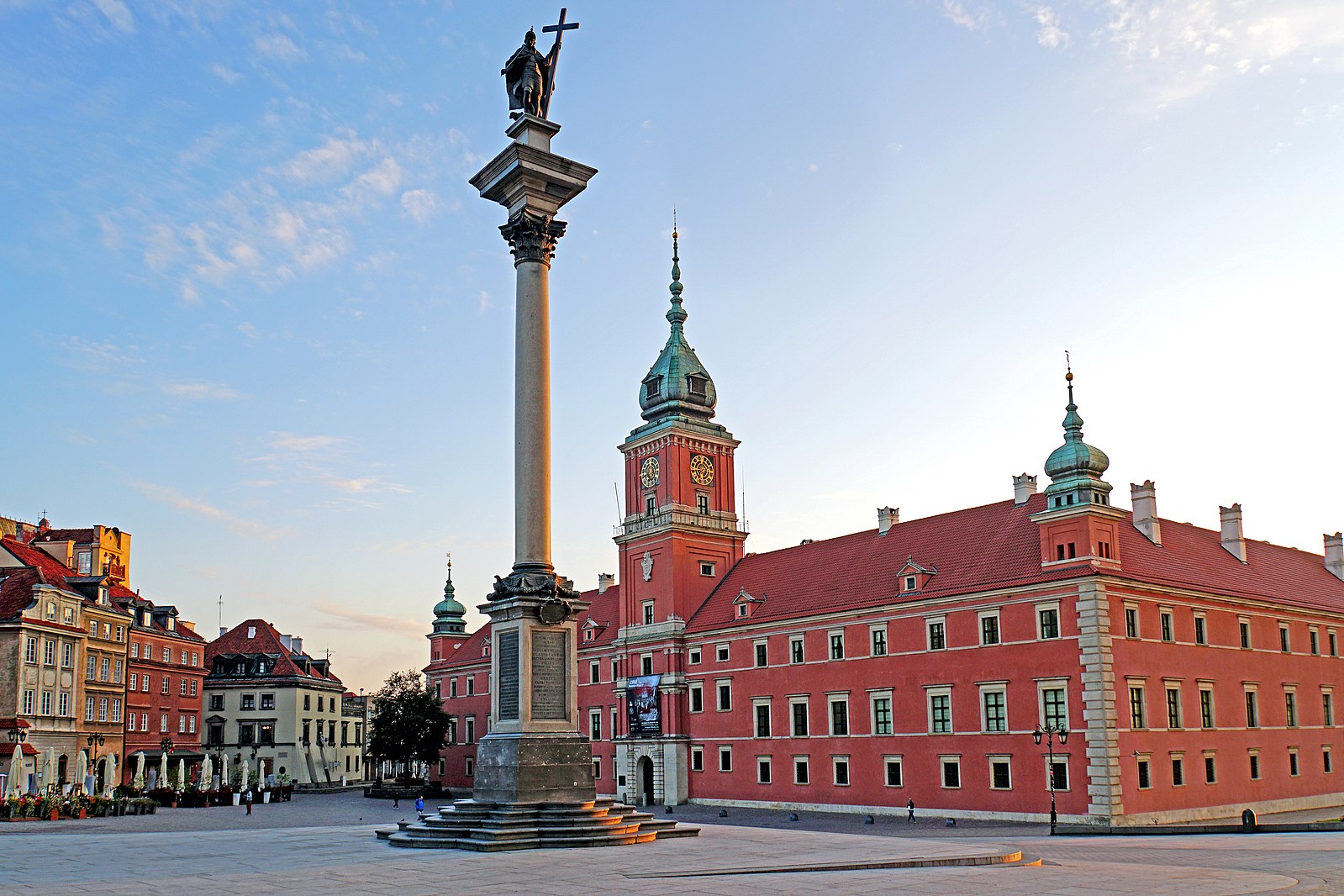Polish national identity in crisis

Castle Square in Warsaw, Poland
Jacob Sagers – Recent polling shows that regular Polish church attendance among young adults is a third of what it was three decades ago. Sex abuse scandals, corruption among priests, and the Polish Roman Catholic Church meddling in politics are among the main factors. This marks a drastic change in a country that is known for its high level of religiosity compared to its neighbors. The change will shake its national identity.
National identity is the is the way people see themselves as a member of a nation. People’s attachment to a nation, a common group or heritage, then generally translates into a commitment to a state, or what is frequently called a country. Part of the Polish national identity stems from its Catholic religion which is different from its largely Eastern Orthodox neighbors. The church used to be a uniting symbol in the face of Communism. It aligned itself with labor unions to mobilize Poland against Soviet occupation. However, the church’s increasing affiliation with the extremely conservative Law and Justice Party, that is itself seen as increasingly authoritarian, is driving young people away from Mass. For example, Karol a former altar boy who is now 26, stated: “I had a deep faith and wanted to serve in the church…” However, that was before he was raped by the priest. His unwavering faith was shattered and now he thinks, “The whole church has been poisoned…” For years the church has largely provided legitimacy for the Polish government and the modern state. Nevertheless, the downfall of their moral standing, in the light of being seen by youth as a political too, is reshaping what it means to be Polish.
This trend is not just applying to youth. Even in rural and devote community’s people’s views of the church is wavering. Its role on a smaller scale serving as a locale, or an institution that helps organize people in a place, is diminishing. According to Beata, a 50-year-old believer, she has: “… felt more distant from the church than in the past.” The function of the church as a site where communities congregate, has effects on the national scale and national identity. Still, the question remains on how the Polish government responds to this nationwide challenge amid the War in Ukraine?
Picture Credit: Photograph by Dennis Jarvis, distributed under the Creative Commons Attribution-Share Alike 2.0 Generic License.

